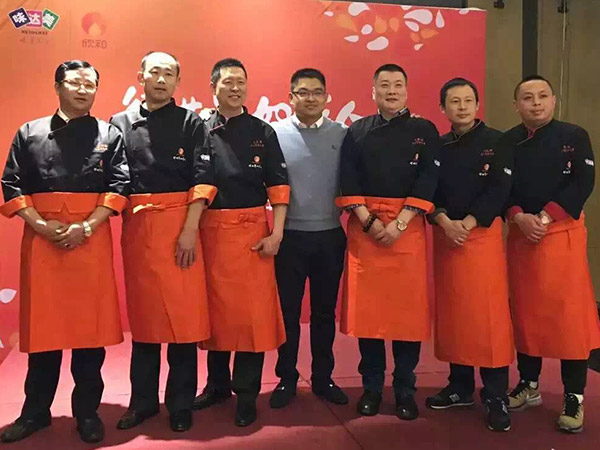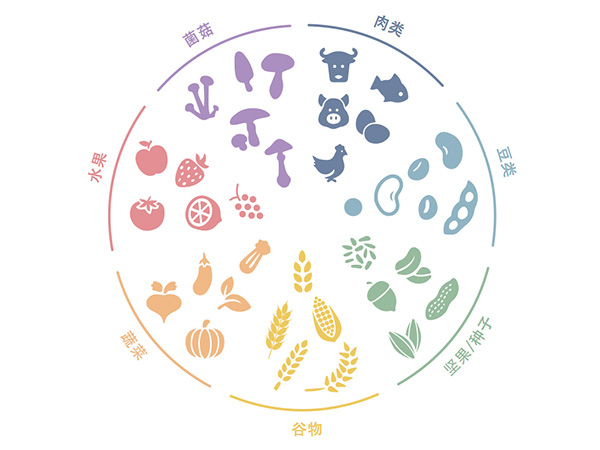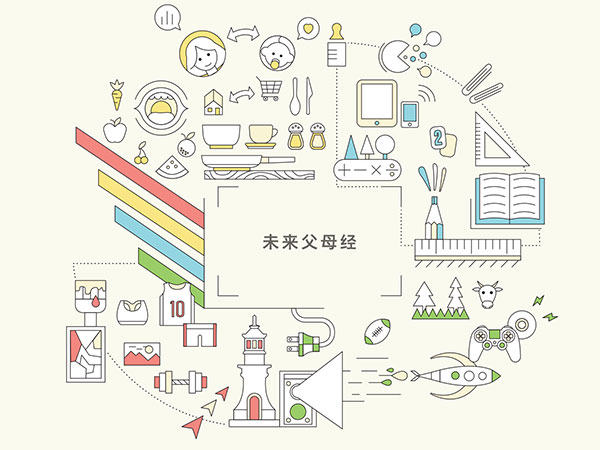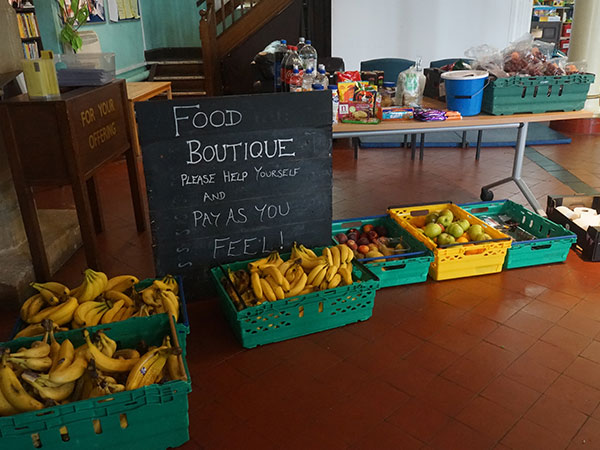How can we bring Chinese chefs onto the global stage?
Chefs, Cooking, and the World
As the world turns its attention to the issue of food, people are reflecting on the environmental, social, and health impacts of different food choices. As a result, people are also becoming increasingly aware of the important role that chefs play in their lives. Chefs have come out from the kitchen and into the spotlight. As well as expressing their personalities and cultures through the art of cooking, they are also connecting to individual guests to pass on the true meaning behind every dish. Shinho is working with Chinese chefs to help them refine their craft and value the relationship between food, people, and the environment. This will help them become spokespeople for Chinese cuisine as well as effecting real and meaningful change in the world.







